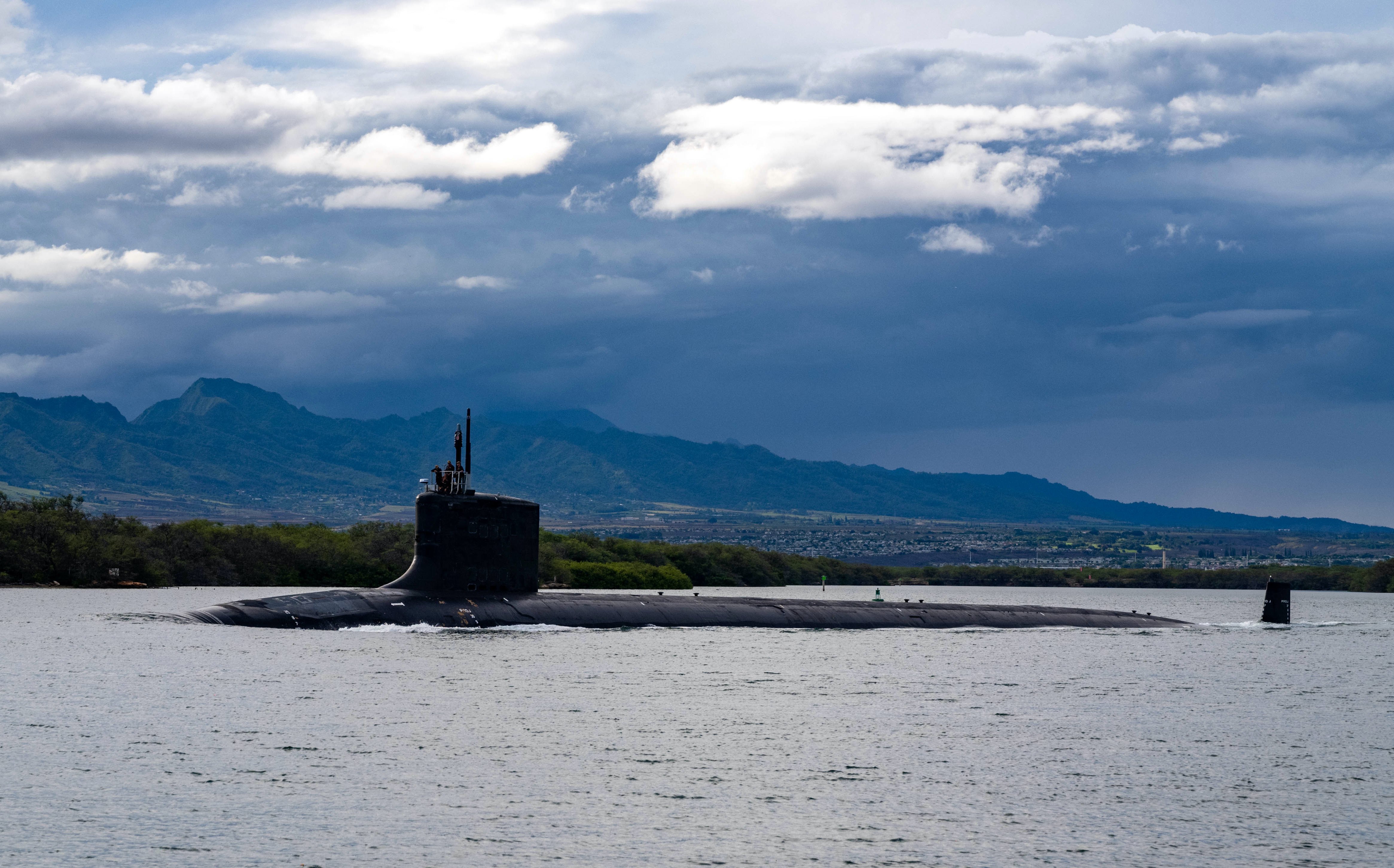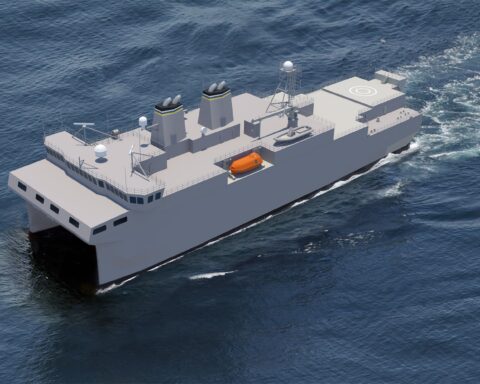The following is the Commandant’s Planning Guidance to the Marine Corps from Gen. David Berger.
From the report
The Commandant’s Planning Guidance (CPG) provides the 38th Commandant’s strategic direction for the Marine Corps and mirrors the function of the Secretary of Defense’s Defense Planning Guidance (DPG). It serves as the authoritative document for Service-level planning and provides a common direction to the Marine Corps Total Force. It also serves as a road map describing where the Marine Corps is going and why; what the Marine Corps force development priorities are and are not; and, in some instances, how and when prescribed actions will be implemented. This CPG serves as my Commandant’s Intent for the next four years.
As Commandant Neller observed, “The Marine Corps is not organized, trained, equipped, or postured to meet the demands of the rapidly evolving future operating environment.” I concur with his diagnosis. Significant change is required to ensure we are aligned with the 2018 National Defense Strategy (NDS) and DPG, and further, prepared to meet the demands of the Naval Fleet in executing current and emerging operational naval concepts. Effecting that change will be my top priority as your 38th Commandant.
This CPG outlines my five priority focus areas: force design, warfighting, education and training, core values, and command and leadership. I will use these focal areas as logical lines of effort to frame my thinking, planning, and decision-making at Headquarters Marine Corps (HQMC), as well as to communicate to our civilian leadership. This document explains how we will translate those focus areas into action with measurable outcomes. The institutional changes that follow this CPG will be based on a long-term view and singular focus on where we want the Marine Corps to be in the next 5-15 years, well beyond the tenure of any one Commandant, Presidential administration, or Congress. We cannot afford to retain outdated policies, doctrine, organizations, or force development strategies.
Unless specified within this document, all reference documents from previous Commandants are no longer authoritative; thus, Service and advocate-related publications using the Marine Operating Concept or Force 2025 as “REF A” must be revised. Current advocate plans must be reviewed within the context of this guidance, and appropriate changes made. We must communicate with precision and consistency, based on a common focus and a unified message.
The coming decade will be characterized by conflict, crisis, and rapid change – just as every decade preceding it. And despite our best efforts, history demonstrates that we will fail to accurately predict every conflict; will be surprised by an unforeseen crisis; and may be late to fully grasp the implications of rapid change around us. The Arab Spring, West African Ebola Outbreak, Scarborough Shoal standoff, Russian invasion of eastern Ukraine, and weaponization of social media are but a few recent examples illustrating the point. While we must accept an environment characterized by uncertainty, we cannot ignore strong signals of change nor be complacent when it comes to designing and preparing the force for the future.
What is abundantly clear is that the future operating environment will place heavy demands on our Nation’s Naval Services. Context and direction is clearly articulated in the NDS and DPG as well as testimony from our uniformed and civilian leadership. No further guidance is required; we are moving forward. The Marine Corps will be trained and equipped as a naval expeditionary force-in-readiness and prepared to operate inside actively contested maritime spaces in support of fleet operations. In crisis prevention and crisis response, the Fleet Marine Force – acting as an extension of the Fleet – will be first on the scene, first to help, first to contain a brewing crisis, and first to fight if required to do so. The Marine Corps will be the “force of choice” for the President, Secretary, and Combatant Commander – “a certain force for an uncertain world” as noted by Commandant Krulak. No matter what the crisis, our civilian leaders should always have one shared thought – Send in the Marines.
Download the document here.





